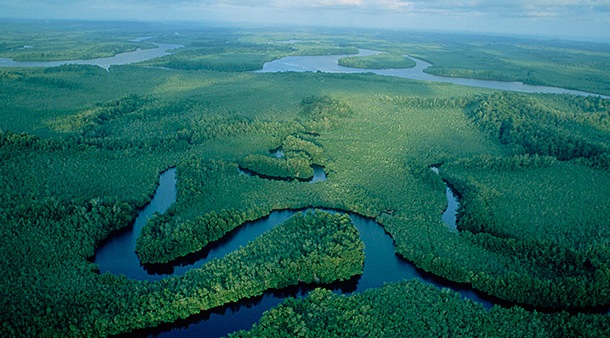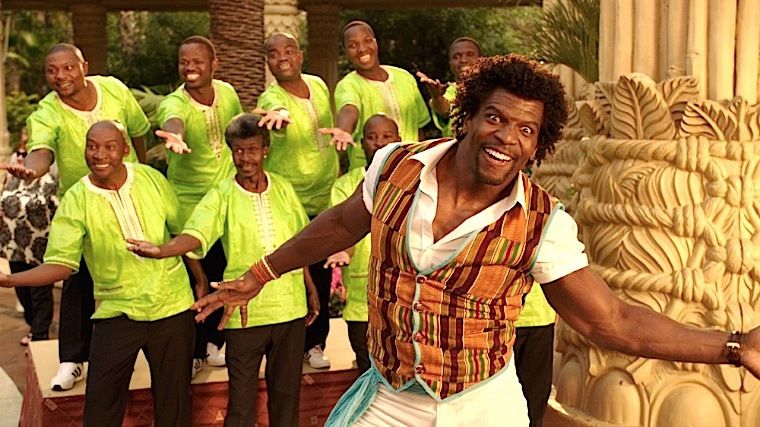 It took centuries before capitalism’s survival and future growth depended on an increase of the standards of living among the general population. This was reflected in the living standards of the people in the capitalist West. They were dirt poor as recently as the 1930s. From the early 20th century, and until the 1990s, the world was immersed in a struggle between Capitalism and Socialism. While one of these systems, capitalism, serves the interests of the bourgeois, socialism, aims to serve the proletariat.
It took centuries before capitalism’s survival and future growth depended on an increase of the standards of living among the general population. This was reflected in the living standards of the people in the capitalist West. They were dirt poor as recently as the 1930s. From the early 20th century, and until the 1990s, the world was immersed in a struggle between Capitalism and Socialism. While one of these systems, capitalism, serves the interests of the bourgeois, socialism, aims to serve the proletariat.
This can best be described in the following: “In bourgeois terms, it was a war between the Allies and Germany, in Bolshevik terms, it was a war between the Allied and German upper classes,” – Yevgraf Zhivago, from Boris Pasternak’s novel, Dr. Zhivago.
Unfortunately, a perversion of socialism, called Communism, and eventually, Stalinism, achieved prominence and eventually failed.
Today’s piece is about economic systems, the World Bank and the IMF, and whether they have they helped Nigeria or not. The reason I chose this particular topic for today is because of our new economic standing as Africa’s “biggest” economy.
The World Bank and IMF were created at the Bretton Woods Conference in 1944. Present at the conference were the 44 allies of World War II. The United States attended in its own right. Remember that the US was the only country which emerged from World War 2 richer than it was before the war. Britain, also a victor from WW2 attended in its own right. But being the owner of a lot of dominions, including Nigeria at the time, represented those dominions. The main aims of the Bretton Woods Conference were to develop a post-war economic order that will survive the test of time. However, the discussions were dominated by both the US and Britain, represented by Harry White and John Keynes respectively.
Keynes was dead set against the idea of currency liquidity across national boundaries that thing which we call “globalisation”. Both White and Keynes, were among the greatest economists ever, Keynesian theory is still the bedrock of most teachings till today. At this point, I must note that some of Keynes’s ideas have been discarded. By the time of the Bretton Woods meet, Keynes was a dying man. He died two years later in 1946.




